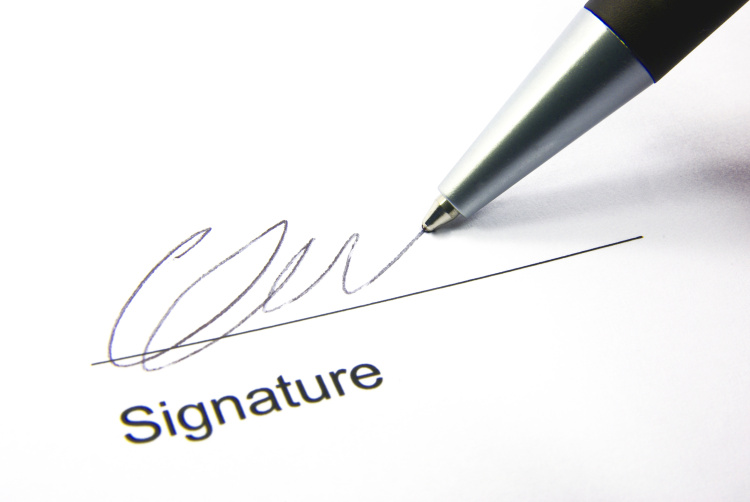IS YOUR PRICE A SECRET?
/Though this post was originally published over a year ago, it seems to be just as timely and relevant today. This is one of the most asked questions I hear when working with photographers: Should I post my pricing on my website? My answer:
-----
From a photographer's website I came across recently - under their "pricing" link:
"You're wedding is different than any other I've ever shot, so it would be impossible for me to simply list a bunch of prices without us talking. I need to know more about you - and your wedding - before I can create a custom quote that fits your needs specifically. Please contact me today, so we can talk more about your wedding - and how I might be able to serve you."
I’ve noticed, more and more, that a lot of photographers - for whatever reason - are requiring clients to contact them before they will give any kind of pricing information. And based on what I hear photographers say, it seems that they want clients to engage in what is basically a sales conversation, before they will give detailed information about their pricing.
I think there's a mentality that says "if I am able to talk to someone, I'll be able to convince them of my worth - even if I'm out of their price range."
Sure, that’s true for maybe one out of every 1,000 inquiries, but it’s not how it usually works in the real world. In the real world, you are not the only photographer your prospects are considering. Even if they found you as a result of a referral, most often - they’ll be looking at several photographers.
As they filter through the choices, they look at whether they like the images, and they look at whether you fit in their budget. If you make it hard for them to do either of these two things, they’ll move on. Sure, there are other things that matter before they make a purchase - like whether or not they feel like you’d personally be a good fit - but they’ll never even get to that point if you make it hard for them to get the information they want.
Now, I’m not suggesting you need to put every package, every print size price, every session fee, EVERYTHING right on your site. I think that generally speaking, MORE information isn’t always helpful. The key is getting the right information to the right people at the right time. When someone is browsing for photographers that fit their budget, they don’t need every detail - they just need to know if you fit.
Pricing is one of the issues that photographers - and all small business owners - wrestle with all the time. It's one of the most important decisions you make, and can impact the health and viability of your business like almost nothing else. Just as important, is the way you use your pricing - and it's presentation - to reinforce the customer experience.
I think there’s another choice, and it’s the way I’ve chosen to present our pricing. On my site, I list our starting commission price. I also give people an idea of the amount of money most of our clients choose to spend. I help manage their expectations by letting them what we charge, and what people usually spend. This allows potential clients to quickly decide whether or not our studio fits with their budget. Does it mean I get a lot less people contacting me? Sure - and I’m okay with that. I'm okay with not answering countless emails to couple's that are clearly not our ideal client.
I send my complete wedding pricing information to EVERY client that inquires. I let them decide for themselves whether what we're offering is a good fit for them. I let them know that if they feel like we're a good fit, then I'd love to schedule time to talk. I don't want to waste their time or mine, so I don't FORCE them to talk to me before I'll give them what they really want - my prices.
I don’t think it does anyone - you OR the client - any good to waste time. That’s exactly what it does, when you make someone contact you to find out you’re out of their price range. It wastes both of your time. And it wastes even more, if you make them jump through even more hoops.
So, ask yourself, is your pricing a secret? If so, why? If you’re charging what you’re worth, why not at least do yourself - and your potential clients - a favor and let them know upfront what you’re worth.





